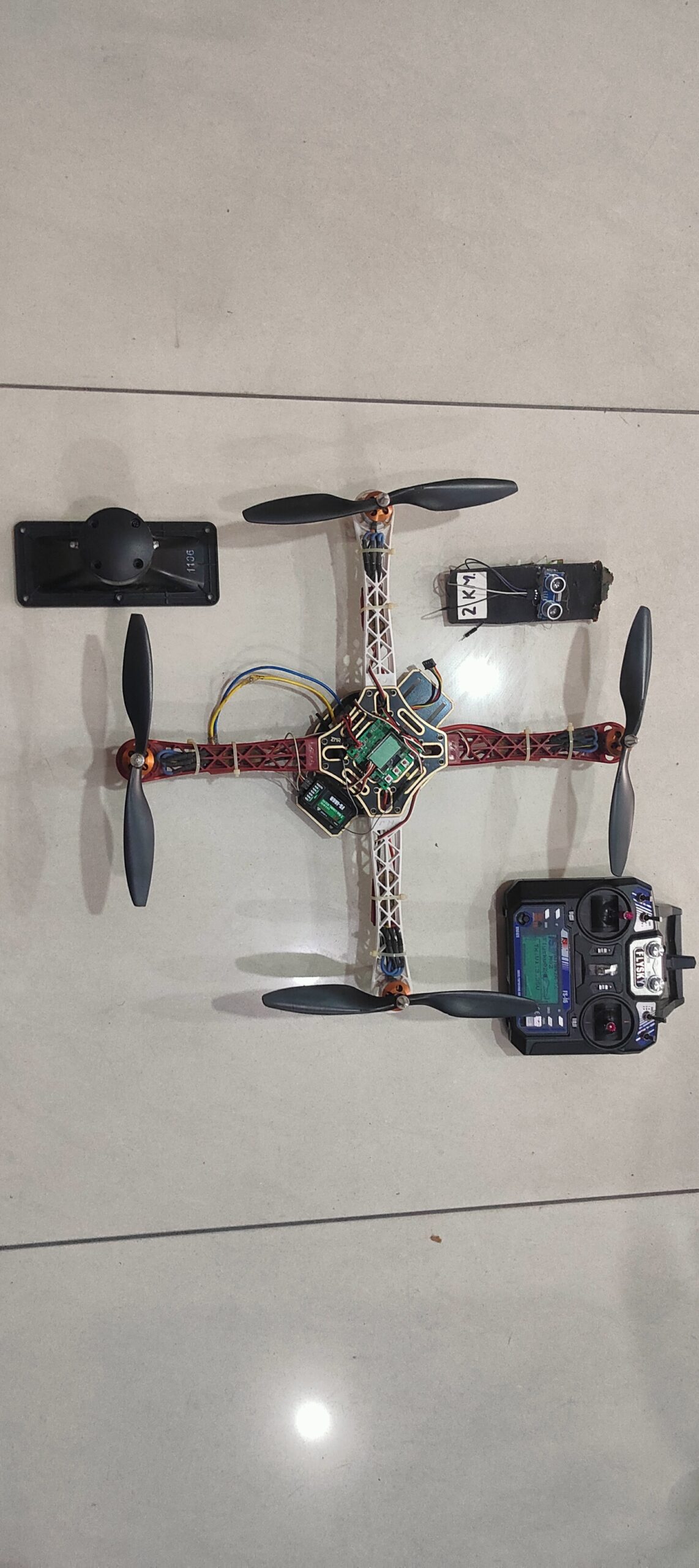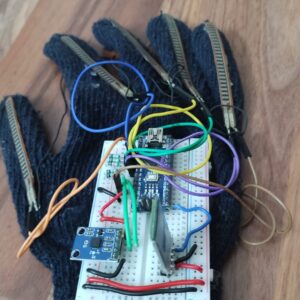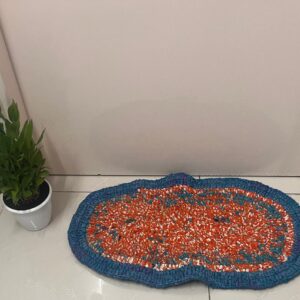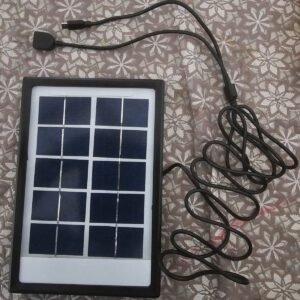Water Quality Monitoring: Equipped with sensors, drones can measure various water quality parameters, such as temperature, salinity, pH, and pollutant levels. This data is crucial for understanding the impacts of pollution and climate change on marine ecosystems.
Habitat Mapping: Drones can create detailed maps of marine habitats, including sea grass beds, mangroves, and rocky shores. These maps are essential for conservation planning and habitat restoration efforts
Data Accessibility: Modern drones, like the Hydrus subsea drone, are designed to be user-friendly and accessible to a wide range of users, from scientists to conservationists. They provide high-resolution data that can be used to study various oceanographic phenomena.
Benefits:
Non-Invasive: Drones can collect data without physically disturbing the marine environment, making them ideal for studying sensitive ecosystems.
Cost-Effective: Compared to traditional methods, drones are more affordable and can cover larger areas in less time.




Narendra Singh –
Very good product
Manoj Singh –
I want 2 products really a natural product.
sonia.garcha1978 –
very great and useful idea